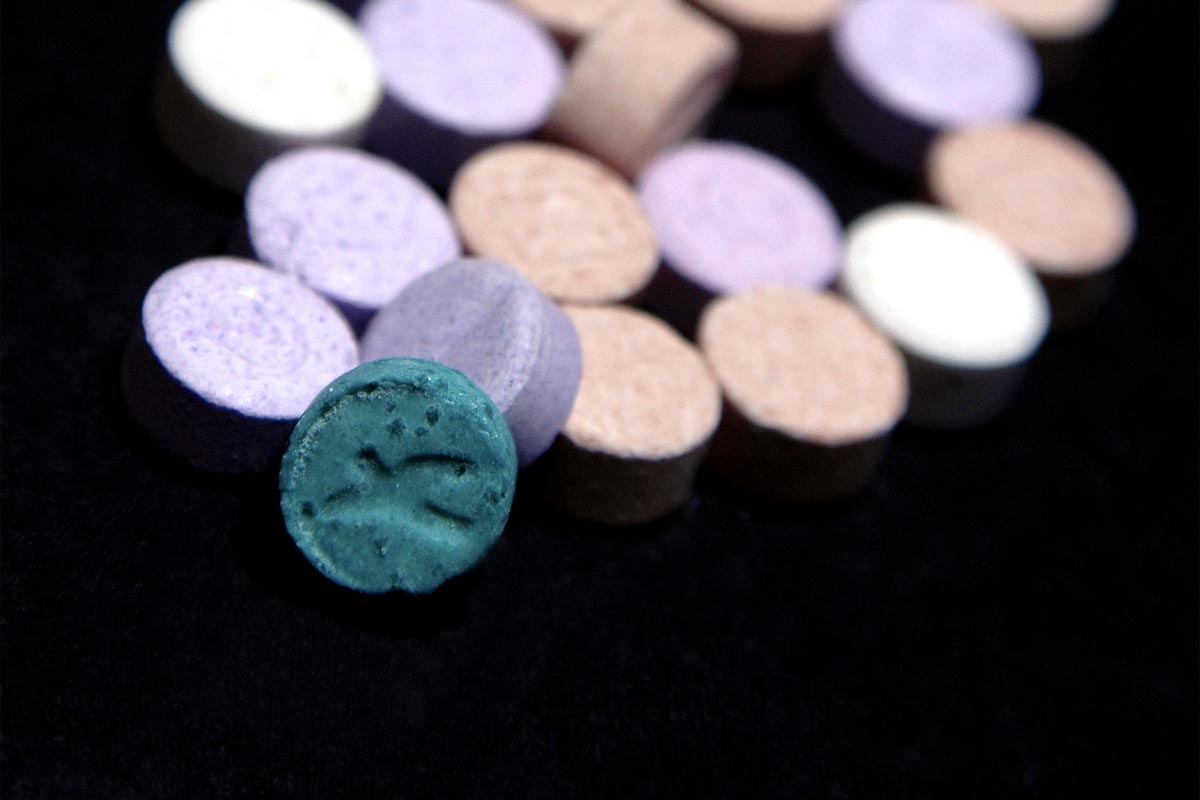co-occurring disorders are treated simultaneously. Addiction treatment centers that focus on the whole patient typically have the …
Treating Soldiers With PTSD and Addiction
Symptoms of PTSD can include: PTSD In The Military While the condition can develop in anyone who experiences trauma, most …
Continue Reading about Treating Soldiers With PTSD and Addiction








